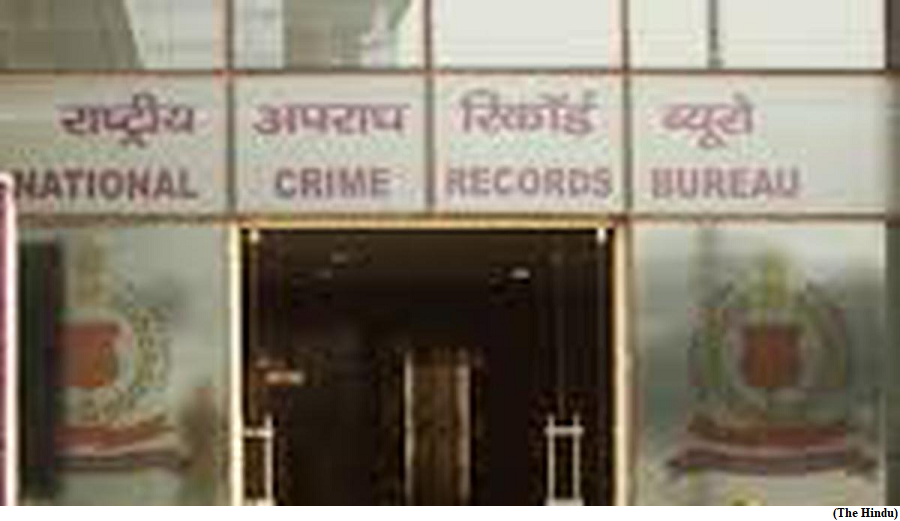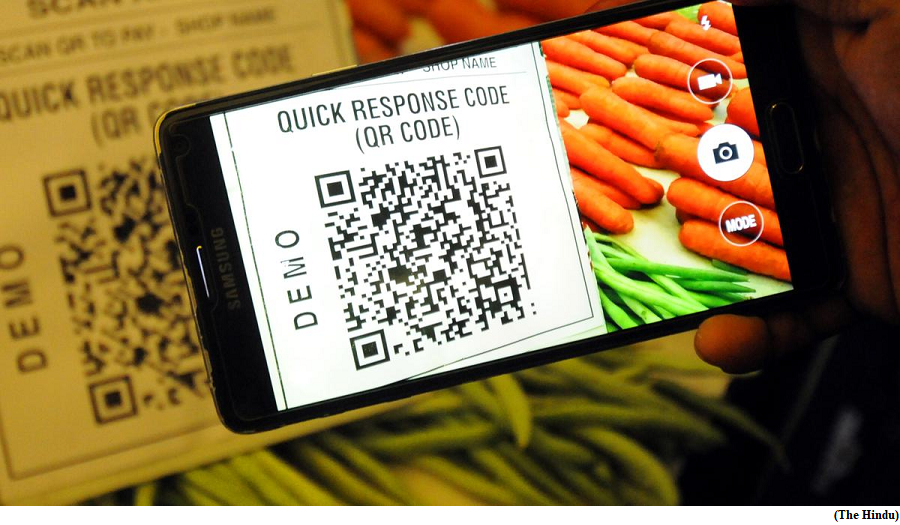Exercise Harimau Shakti 2023 (GS Paper 3, Defence)

Why in news?
- Joint bilateral training exercise “Exercise Harimau Shakti 2023”, between Indian & Malaysian Army commenced in Umroi Cantonment recently.
Background:
- Last edition of the Exercise was conducted in Pulai, Kluang, Malaysia in November 2022.
Focus:
- The training will focus primarily on high degree of physical fitness, conduct of drills at tactical level and sharing of best practices with each other.
- The Exercise will culminate with a 48-hour long validation exercise in a semi-urban area.
Key Highlights:
- Ex Harimau Shakti, scheduled till 5th November 2023, will engage approximately 120 personnel from both sides.
- It is aimed at enhancing military capability for conduct of Multi Domain Operations in a sub conventional scenario.
- During the exercise, both contingents will establish a Joint Command Post & establish an integrated surveillance grid along with a Joint Surveillance Centre.
- Both sides will rehearse employment of joint forces in jungle/ semi urban / urban environment. In addition, intelligence collection, collation and dissemination drills will also be rehearsed.
- The Exercise will also witness employment of Drones/UAVs & Helicopters.
Way Forward:
- Exercise Harimau Shakti is aimed to enhance the level of defence co-operation between Indian Army and the Malaysian Army, which will also foster the bilateral relations between the two nations.
Centre to introduce DNA, face matching systems at police stations
(GS Paper 2, Governance)
Why in news?
- More than a year after the Criminal Procedure Identification Act was passed by Parliament, the Centre is all set to roll out “DNA and face-matching” systems at 1,300 police stations across the country.
- The law enables the police and the Central investigating agencies to collect, store, and analyse physical and biological samples, including retina and iris scans of arrested persons.
- The law was passed by Parliament in April 2022 and the rules were notified in September 2022.

Details:
- The National Crime Records Bureau (NCRB), a Central organisation tasked with rolling out the Act, was assigned the task of finalising the standard operating procedures (SOP) to be followed by police officials.
- Though the Act and rules do not explicitly mention the collection of DNA samples and face-matching procedure, the NCRB said measures would be rolled out in around 1,300 locations spread across police districts, commissionerates, and special investigation units at State headquarters.
Implementation:
- The Union Home Ministry has constituted a Domain Committee for the successful implementation of the Act with representatives from the State Police, Central law enforcement agencies, and other key stakeholders.
- A technical sub-committee for preparing the SOPs for capturing DNA as a measurement has also been constituted.
- The States have been asked to identify the locations and prepare the sites where the measurement collection unit (MCU) may be established as suggested by the NCRB. The Central body under the Home Ministry will be the repository of the database at the national level.
NAFIS:
- Under the National Automated Fingerprint Identification System (NAFIS), another project maintained and managed by NCRB, workstations and scanners have been put up at around 1,300 police stations.
- It has fingerprint details, a unique 10-digit number of more than one crore people, accused and convicts, across the country. This database is also being integrated with the Criminal Procedure Identification Act.
- The Act replaced the 100-year-old Identification of Prisoners Act, 1920 whose scope was limited to capturing finger impressions, footprints, and photographs of convicted prisoners and a specific category of arrested and non-convicted persons under the orders of a Magistrate.
Misuse of Database:
- NCRB has cautioned against the misuse of databases by ensuring identification and deployment of appropriate safeguards, adding that only designated officials must have access in real time.
- The NCRB has said the tools and systems used by the police should be technologically, legally, and forensically sound and accredited.
Food labels to have QR code to help the visually disabled
(GS Paper 3, Economy)
Why in news?
- The Food Safety and Standards Authority of India (FSSAI) has recommended the use of quick response (QR) codes on food products for accessibility by persons with visual disabilities.
- It would ensure access to safe food for all, including those with special needs.

FSSAI guidelines:
- The FSSAI under its Food Safety and Standards (Labelling and Display) Regulations, 2020 has comprehensively outlined the information to be included on the labels of food products.
- This includes product name, shelf life, nutrition facts, vegetarian/non-vegetarian logos, ingredient lists, allergen warnings, and other product-specific labelling requirements.
- The information is aimed at empowering consumers to make informed choices when selecting food products.
Rights of Persons with Disabilities:
- The Rights of Persons with Disabilities Act, 2016 recognises the rights and needs of individuals with disabilities, which emphasise accessibility and the promotion of health for persons with disabilities.
- The FSSAI said that to enhance accessibility, food business operators were encouraged to incorporate provisions that facilitate easy access to nutritional information for visually impaired individuals.
Why QR codes?
- One effective means to achieve this is by incorporating Quick Response (QR) codes on product labels.
- These QR codes should encompass comprehensive details about the product, including, but not limited to, ingredients, nutritional information, allergens, manufacturing date, best before/expiry/use by date, allergen warning, and contact information for customer inquiries.
- The inclusion of QR code for the accessibility of information did not replace or negate the requirement to provide mandatory information on the product label, as prescribed by relevant regulations.
About FSSAI:
- Food Safety and Standards Authority of India (FSSAI) was established in 2008 with the purpose of monitoring the food quality and hygiene in India.
- The Ministry of Health & Family Welfare administers FSSAI.
- The FSSAI has been functioning since 2011, and ever since, it has been responsible for the management of food safety in India.
- The headquarters of FSSAI is located in New Delhi, and it has 6 regional offices as well in Mumbai, Cochin, Kolkata, Delhi, Guwahati, and Chennai.




